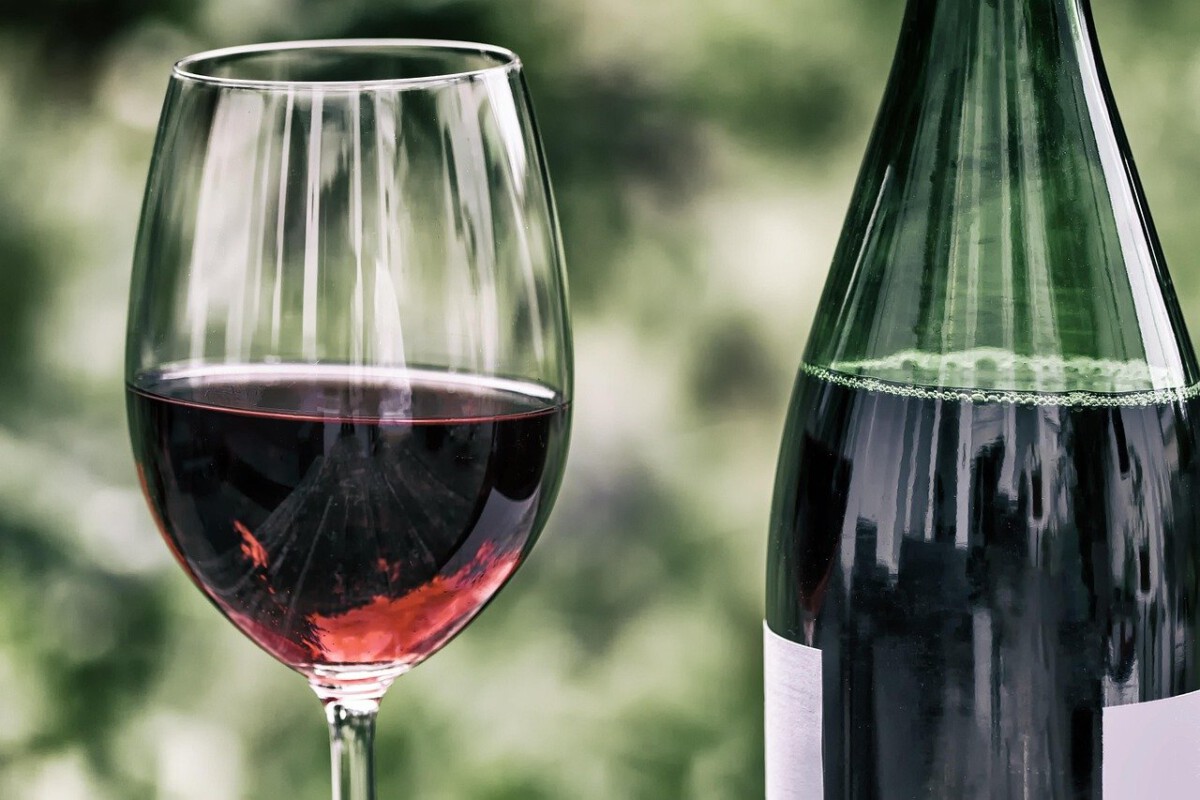The Birthplace of Wine

Few people realize that Georgia is recognized as the cradle of wine, with archaeological discoveries revealing winemaking traditions that stretch back over 8,000 years. Local stories and folklore are thick with references to wine, and many Georgians see it as a symbol of their national identity. The use of qvevri, giant clay vessels buried underground for fermenting wine, is a technique that has survived countless generations. In a landmark moment for the country, UNESCO named the traditional Georgian method of qvevri winemaking an Intangible Cultural Heritage in 2024, a move that electrified the wine world. This recognition has drawn global attention, with more travelers and experts flocking to Georgia to witness its celebrated craftsmanship firsthand. The country’s deep connection to wine isn’t just a relic of the past—it’s a living, breathing tradition that shapes everyday life.
Diverse Terroirs and Unique Varietals

Georgia’s geography is a true gift to winemakers, with its rolling hills, river valleys, and Black Sea breezes contributing to a patchwork of unique terroirs. The country is home to more than 500 indigenous grape varieties, a mind-blowing number that is rarely matched elsewhere. Saperavi, a red grape famed for its inky color and powerful flavors, dominates the Kakheti region and has become something of a national emblem. Rkatsiteli, a crisp and aromatic white, is beloved for its bright acidity and versatility. The microclimates across regions like Imereti, Kartli, and Adjara allow each grape to shine in its own special way. Recent figures from the Georgian Wine Association show a 30% surge in exports as international curiosity swells. These distinct varietals are now popping up on wine lists from Paris to Tokyo, giving Georgia a new level of global respect.
The Rise of Natural Wines

Georgia is riding the crest of the natural wine wave, with a growing number of producers turning to organic farming and ancient methods that avoid chemicals and additives. Local winemakers are embracing biodynamic practices and allowing the grapes to speak for themselves, often using skin-contact techniques that yield bold, amber-hued wines. This approach resonates with a new generation of wine lovers who crave authenticity and sustainability. In 2024, several Georgian natural wines took home medals at major international competitions, sparking headlines and solidifying their place among the world’s best. The movement has also fostered a community of passionate, independent winemakers who share knowledge and experiment together. Natural wine bars in cities like Tbilisi are buzzing with locals and tourists eager to try these vibrant, unfiltered creations.
Wine Tourism on the Rise

Georgia’s lush vineyards and dramatic landscapes have become a magnet for wine tourists seeking both history and hospitality. The Kakheti region, with its sun-drenched slopes and medieval monasteries, is at the heart of this tourism boom. In 2025, official statistics showed wine tourism up by 40%, a testament to the country’s growing allure. Visitors can tour family-run wineries, participate in grape harvests, and enjoy lavish supra feasts—traditional banquets set to the music of polyphonic singers. Many wineries have invested in boutique hotels and gourmet restaurants, making overnight stays a luxurious treat. This upswing in tourism is breathing life into rural communities and helping preserve centuries-old winemaking customs. For many, it’s a journey that feels more like a homecoming than a holiday.
The Role of Women in Winemaking

Women are increasingly stepping into the spotlight in Georgia’s wine industry, breaking old stereotypes and driving innovation. From vineyard management to cellar masters, their presence is felt at every level of production. Nino Kirtadze, for example, has become a household name, celebrated for her organic wines that reflect both place and personality. According to a 2024 industry report, women now make up over 30% of Georgia’s winemaking workforce—a dramatic leap from previous decades. Their influence is sparking new approaches in both winemaking style and business strategy. Many are championing sustainable practices and creating supportive communities for other women to thrive. This shift is not only empowering but also enriching the wine landscape with new flavors and stories.
Culinary Pairings: A Feast for the Senses

Georgian wine is made to be shared, and nothing brings out its character quite like the country’s legendary cuisine. Signature dishes such as khachapuri, a gooey cheese bread, and khinkali, juicy dumplings, are the perfect partners for both red and white varietals. Each meal is a sensory adventure, with fresh herbs, walnuts, and pomegranate seeds adding complexity to every bite. In 2025, Tbilisi hosted a high-profile culinary festival where chefs paired Georgian wines with international dishes, proving their versatility. This event drew food critics and wine professionals eager to explore new taste combinations. The tradition of the supra—a sprawling, communal feast—remains at the heart of Georgian hospitality, turning every meal into a celebration. For visitors, these pairings are unforgettable, blending comfort and discovery in every mouthful.
The Impact of Climate Change

Georgia’s winemakers are feeling the heat—literally—as climate change alters the landscape they depend on. Unpredictable weather, heavier rainfall, and rising temperatures are starting to impact grape yields and flavor profiles. Many growers are responding by planting drought-resistant varietals and adjusting their harvest schedules, always striving to maintain quality. A major 2024 study reported noticeable changes in grape ripening times, especially in lowland areas. Some winemakers have turned to ancient methods, like deeper qvevri burial, to help stabilize fermentation in warmer conditions. There’s a sense of urgency, but also resilience, as the community bands together to find creative solutions. The adaptability of Georgia’s wine industry will be key to its survival in the decades ahead.
International Recognition and Awards

Georgia’s wines are earning a reputation for excellence, and the world is finally taking notice. At prestigious events like the Decanter World Wine Awards and the International Wine Challenge in 2025, Georgian bottles took home a record number of medals. These accolades have boosted the confidence of local producers and sparked interest from sommeliers and collectors abroad. Expert panels have praised the balance, complexity, and originality of Georgian wines, especially those made in qvevri. Media coverage has followed, with glowing reviews appearing in major wine publications. This new wave of recognition is helping Georgian wineries expand into new markets and establish themselves as serious contenders on the world stage.
The Future of Georgian Winemaking

The future of Georgian winemaking looks bright, fueled by a dynamic mix of tradition and modernity. Young winemakers are bringing fresh energy and bold ideas, experimenting with lesser-known grapes and innovative aging techniques. The government has stepped up support, launching campaigns to promote Georgian wines overseas and streamline export logistics. In 2025, new initiatives focused on digital marketing and branding are making it easier for small producers to reach global audiences. There’s a palpable sense of optimism as the industry looks to blend its ancient roots with contemporary trends. With continued investment and international curiosity at an all-time high, Georgia is poised to secure its place as a wine powerhouse.
A Cultural Revival in Every Glass

Every bottle of Georgian wine tells a story of survival, pride, and renewal. For many locals, pouring a glass is an act of cultural preservation, honoring ancestors who kept the tradition alive through centuries of change. The recent surge in global interest has ignited a cultural revival, with wine festivals, art exhibitions, and educational programs blossoming across the country. Young people are increasingly drawn to careers in viticulture and hospitality, seeing it as a way to connect with their roots while building a future. Local musicians and poets often perform at winery events, weaving wine into the broader tapestry of Georgian life. The sense of community that surrounds wine in Georgia is tangible, inviting everyone—visitor or native—to join in the celebration.





